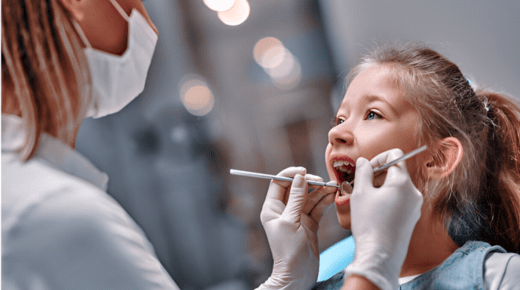Jaw surgery is one of the many solutions dentists offerpeople to address functional problems improving the way the jaw works.
The best way to educate yourself about this is by discussing it with your dentist or browsing through health related websites. This way, you can learn more about the surgery, the pros and cons, recovery time etc.,
SBK Orthodontics is a famous dental service in many locations in the US. This orthodontist team will not only help you when needed but can also guide you through jaw surgery step-by-step. Check their website to learn how the surgery works and the possible recovery duration.
For 24 Hours
After your jaw surgery, the next step is understanding how to get through the next 24 hours. Your dentist will suggest you the best ways of caring for your jaw after the surgery. Take all the medications that are prescribed to you as instructed.
- Do not take anything other than liquids in your diet. You can choose from broth, juice, water, etc.
- Do not stress your jaw while brushing or rinsing your teeth. It will help if you are extra careful with anything you do with your jaw.
The next 72 hours after the surgery can be a bit uncomfortable for you as there will be swelling. The best way to reduce the pain is by keeping your head elevated.
You can place multiple pillows under your head. You can even use ice pack or anything else from your freezer unit to numb at least a bit of pain or swelling.
The First Week
After the surgery, your jaw might feel a bit more sore and painful whenever you move it to talk or chew food.
Your dentist might suggest painkillers to reduce the pain. Take liquid diet such as milkshakes, fruit juices, smoothies, etc.
Do not consume alcohol or smoke, as the area of surgery should be maintained with extra hygiene. Try to rinse your mouth with saltwater to avoid pain.

Secretion or Congestion
Jaw surgery has a direct effect on the nasal lining. You might sometimes experiencecongestion or feel like sneezing.
However, you should not blow your nose all of a sudden, as it might affect the surgery site. You can get rid of the stuffiness in the nose with the help of a vaporizer.
Many people experience vomiting or nausea during the first week after the jaw surgery. If you experience this, it is suggested to consult your dentist as soon as possible. Some medications can avoid vomiting or nausea.
After the jaw surgery, the dentist will install elastics between the upper and lower jaw. You may not be comfortable to speak because of the elastics and pain.
Let your body heal with the help of natural healing mechanisms and medications. Do not eat hard food until your dentist advise you to do so.
Follow the instructions suggested by your dentist to enjoy a speedy recovery after your jaw surgery.

